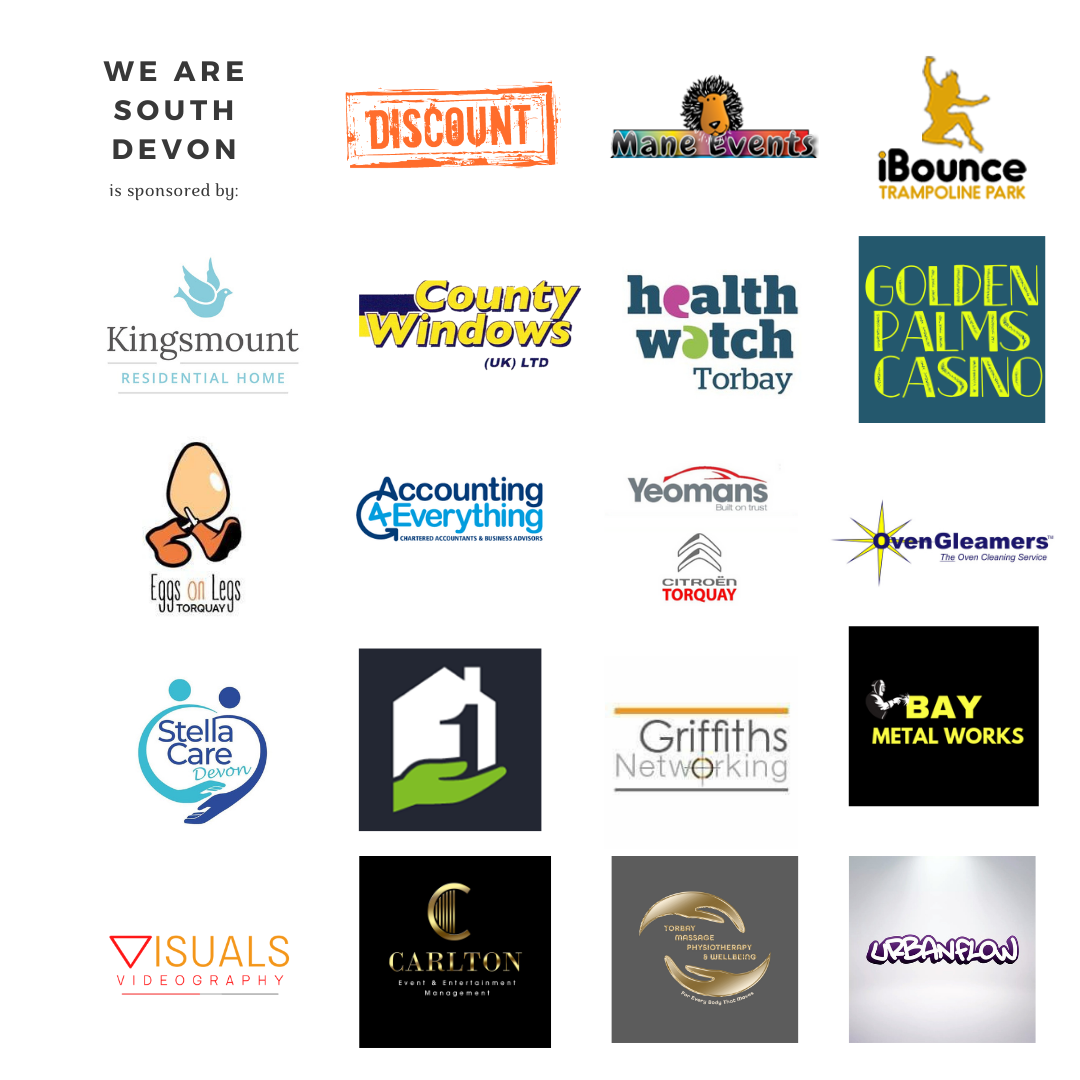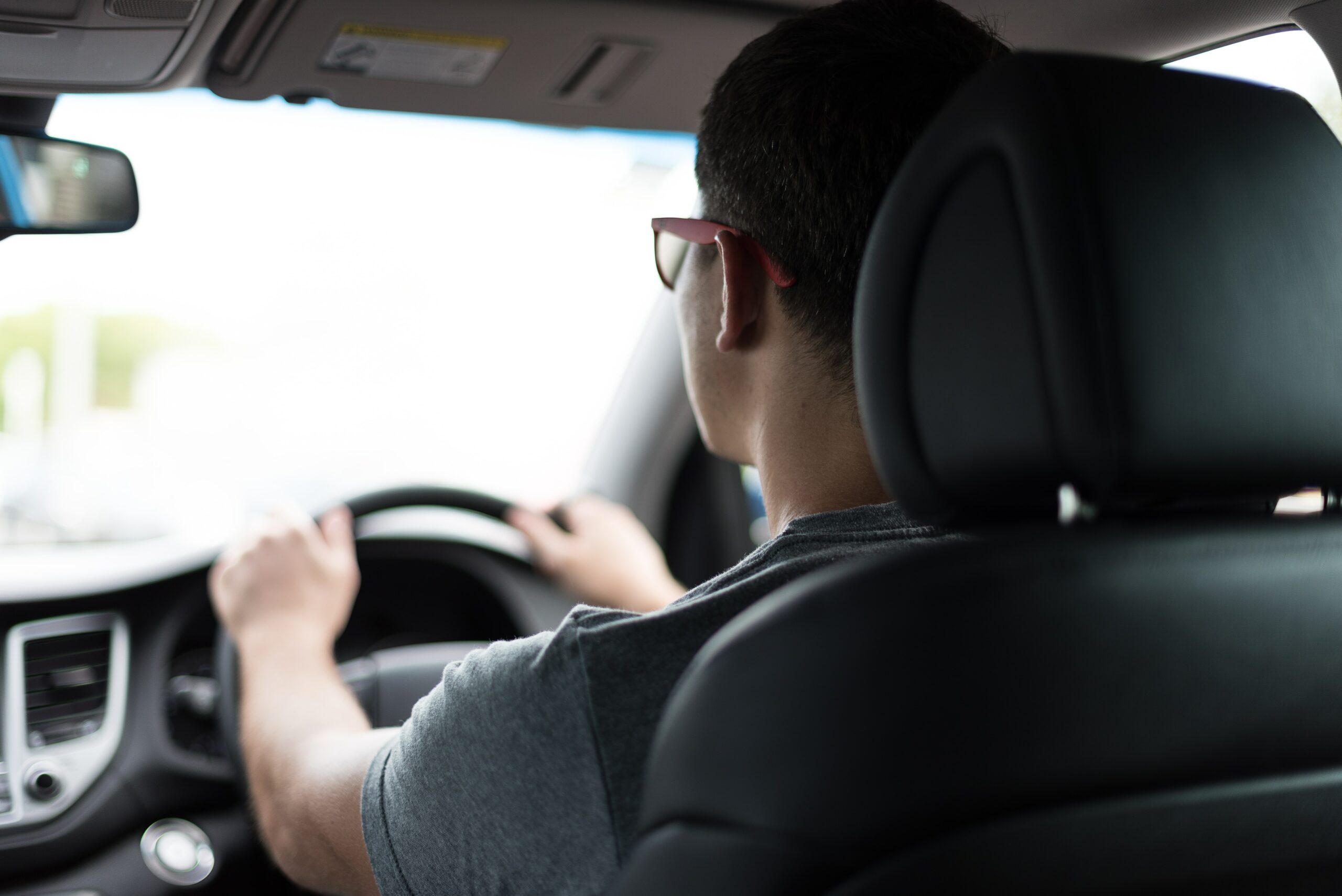Torbay drivers are being advised to be honest about their eyesight before heading out on the road.
With car dependency at a 15-year high , Specsavers optometrists at the Specsavers Paignton store are raising awareness of the importance of people looking after their sight, particularly when driving, this Road Safety Week (November 15-21).
Research shows that poor vision increases a driver’s risk of crashing as it limits their ability to recognise hazards and impacts reaction time . The DVLA recently found that just 48% of drivers were aware of the essential eyesight requirement of the 20-metre number plate test.
With one in five drivers admitting they expect to use their cars more as a result of the pandemic, and with figures showing someone is killed or seriously injured on UK roads every 22 minutes , Specsavers is highlighting how to minimize these risks.
Karen Stone, store director at Specsavers Paignton, says: ‘Having good eyesight is one of the most basic requirements of safe driving. It means drivers will be able to spot potential dangers, see pedestrians and other vehicles, read road signs and judge speed, distance and movement. Without this, there could be catastrophic consequences on the road.
‘While an eye test plays a part in being granted your driver’s licence, in that you must be able to read a number plate from 20 meters away. Of course, eyesight can change over time, especially as we get older.
‘This is why it is so important to have regular eye checks, not only to address any changes in short or long-sightedness but also because an optician can spot sight-threatening conditions that you may not be aware of, such as cataracts, macular degeneration or glaucoma.
‘As is evident from the research, vision is vital to help us judge speed and ensure quick reaction times. However, for those who do wear glasses, it’s also important to ensure that their lenses are suitable for driving too.’
Top tips for glasses-wearing drivers:
• Polarised lenses are a good option for driving in daylight as they eliminate glare from horizontal surfaces, such as roads, water and snow. They also offer 100% UV protection, improve contrast and help ease the strain on your eyes, so they are particularly good for driving in bright conditions.
• Although tinted lenses, polarised lenses or photochromic lenses can help minimise glare, there are some important things to note when wearing these types of lenses while driving. Photochromic lenses — which darken when the light is bright as they react to the ultraviolet (UV) light – will help alleviate the effects of glare. Most modern vehicles have windscreens containing a filter which blocks UV light and therefore they don’t darken as effectively whilst driving during the day, so a tinted or polarised lens would be more suitable if driving in bright conditions. However, with polarised and tinted lenses, while more effective during the day, they could pose a danger at night, darkening the road making it more difficult to spot potential hazards.
• If you have uncorrected astigmatism, night driving can be especially difficult as the pupil dilates to let in more light, which can lead to vision looking even more blurred. Many people with astigmatism also have trouble with light reflections from cars and streetlamps, which can cause them to squint, making it even more difficult to concentrate on the road. While anti-glare lenses and other lens options in spectacles can help, for contact lens wearers with sizable astigmatism it is important to correct that by wearing toric contact lenses.
People should make sure to discuss any difficulties with their optician so that they can ensure the right lenses are prescribed to suit needs and lifestyle. For more information on safe driving, visit https://www.specsavers.co.uk/glasses/glasses-lenses/anti-glare-driving-glasses-road-safety or https://www.specsavers.co.uk/glasses/lenses-for-lifestyle for information in different lens options.

You can join us on our social media pages, follow us on Facebook or Twitter and keep up to date with whats going on in South Devon.
Got a news story, blog or press release that you’d like to share or want to advertise with us? Contact us




























